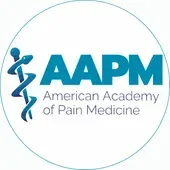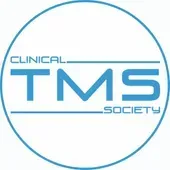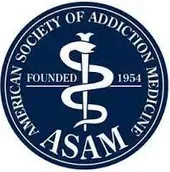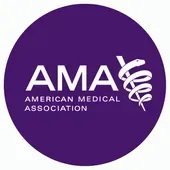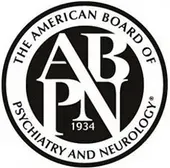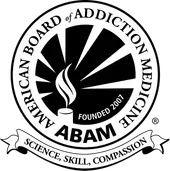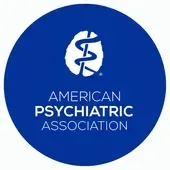Addiction Psychiatrist Near Plymouth Meeting
Psychiatric Care for Substance Use Disorders
Plymouth Meeting Addiction Psychiatrist
Wave Treatment Centers provides psychiatric care to Plymouth Meeting residents struggling with addiction and substance use disorder. Working with Dr. Jonathan Beatty - who is triple board certified in the field of Psychiatry and Neurology, Pain Medicine and Addiction Medicine - you'll have the chance to work through your addiction and its underlying causes and triggers as part of your outpatient treatment in our Chestnut Hill office.
Whether you're struggling with substance use disorder or experiencing a mental health crisis, psychotherapy and psychiatric care can help to make your recovery easier, more manageable and longer lasting. At Wave Treatment Centers, we approach every patient's unique challenges with a unique plan that can include modern medications or cutting-edge therapies like transcranial magnetic stimulation (TMS), all supported by psychotherapy to address the underlying issues contributing to your struggles with addiction and any co-occurring mental health disorders.
What makes psychotherapy such a critical part of your recovery plan is its ability to help you better understand the root causes and triggers of the behaviors that contribute to the issues you're struggling with. Especially for those struggling with addiction, learning to identify the reasons that you turn to alcohol or opioids can help you develop and maintain a recovery plan that helps you recognize and address stressors without turning to substance use.
What patients should ask when choosing an addiction psychiatrist
- Do you offer specialized dual diagnosis programming?
- If I need to complete detox, can I do that at your center?
- What are the qualifications of the professionals who provide care at your facility?
- How will you determine what services are best for me?
- Do you offer medication management services or medication-assisted treatment (MAT)?
- Can you effectively treat people who also have a history of trauma?
- Can I tour your facility or see photos of your treatment environment?
Start your Healing Journey
A healthier, happier life starts here — talk to our caring staff today.
Chestnut SAP Form Submission
Addiction Psychiatry FAQ
Frequently Asked Questions
I contribute my 4 years of recovery largely to Dr. Beatty. I didn’t think recovery was even possible for someone like me. With the guidance and support of Dr. Beatty, I have been able to pull my life together completely. My plan for treatment was unlike any I had before, and that was exactly what I needed in order to succeed. Thank you very for everything Dr. Beatty, I could not have done this without you.
Zack J.





